“If you don’t buy a raffle ticket, you won’t win a lottery.” This was what was written at the end of the email, with the link to the IATEFL Belfast conference scholarship application, sent by one of my professors, encouraging us to give it a shot. This prompted me to apply for the same without giving it a second thought. Provoked by his line, I ended up deciding to apply for the same. There were multiple application calls with different criteria. At the outset, therefore, I was bewildered as I could make multiple submissions. Nevertheless, after giving it a lot of thought, I made up my mind to make two separate applications so that I could land at least one scholarship. I made an application with utmost care and fortunately, I won it. My happiness knew no bounds when I received an email from the scholarship committee that I had won English Language Centre Brighton Robert O’Neill scholarship to attend the conference.
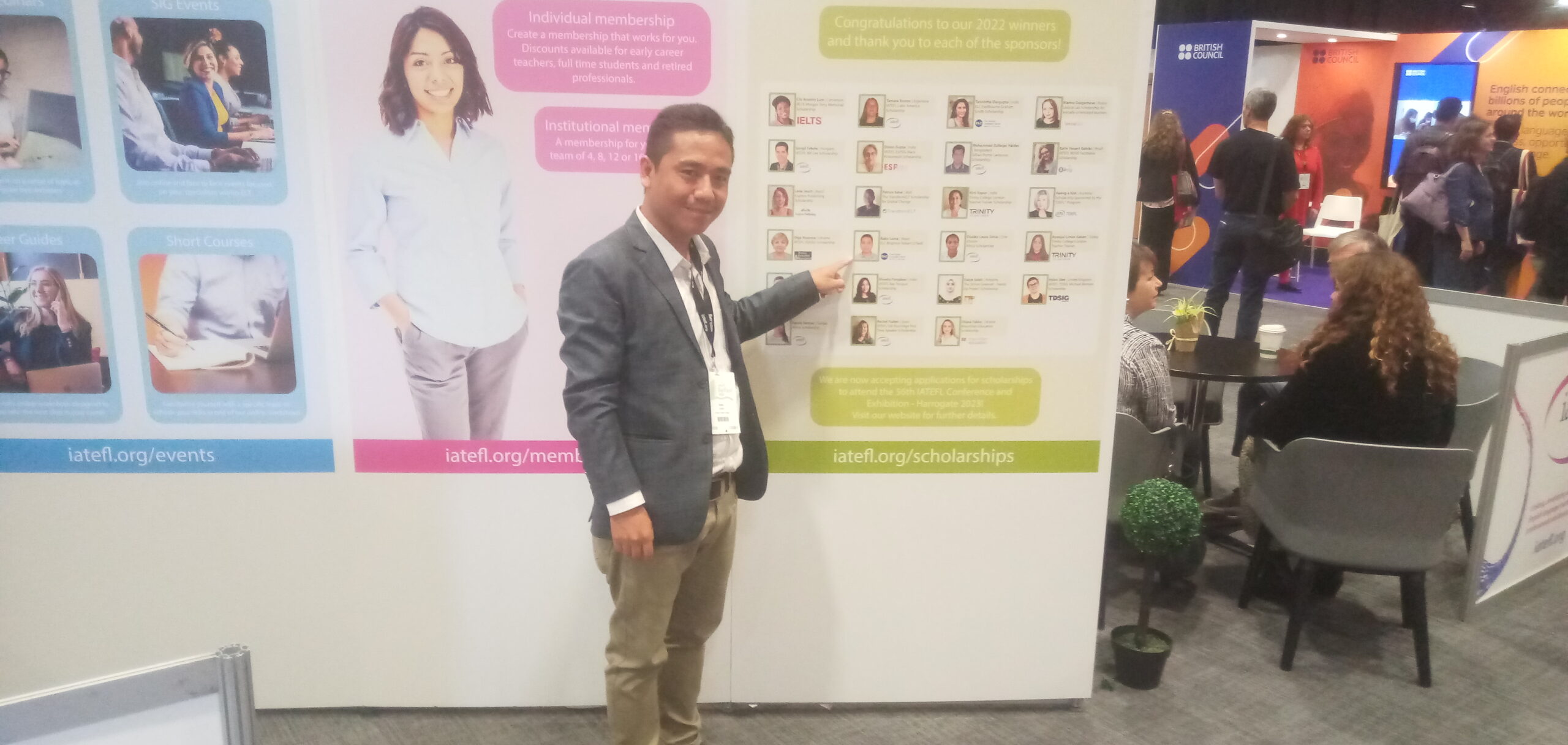
Based on my personal experience, if you want to win a scholarship, you should first read the requirements of the application carefully and go for one that is the best suited for you. On top of this, you should apply for at least two different scholarships and this way make it more probable that you win at least one; however, you should make the strongest possible application with utmost care and a bit of research. The strongest suggestion I would give is: never submit your application until you are fully satisfied with it; if you aren’t , it can’t satisfy the reviewing committee either. It’s as simple as that.
Hurray! I won the scholarship. After a couple of months, after all the arrangements, finally, I was ready to fly. On 15th May 2022 I landed at Heathrow airport, London before I took a connecting flight to Belfast for there aren’t any flights that directly connect Belfast and my country, Nepal. It was evening in Belfast when I landed there, and it was drizzling. Exhausted, I took a taxi to Premier Inn Belfast in Alfred Street, my pre-booked accommodation. Soon after dinner, I went to bed as I was completely exhausted after a long-haul flight.
The next morning, full of excitement and nervousness, I woke up to the sound of alarm, for it was the first day of the conference. After breakfast, to get to the conference venue, I had to struggle a bit to adjust to the British transportation system since I come from a country that has a different system. In the end, I got to the venue. It was already crowded with delegates from different parts of the globe. It was a foggy morning and it drizzled outside.
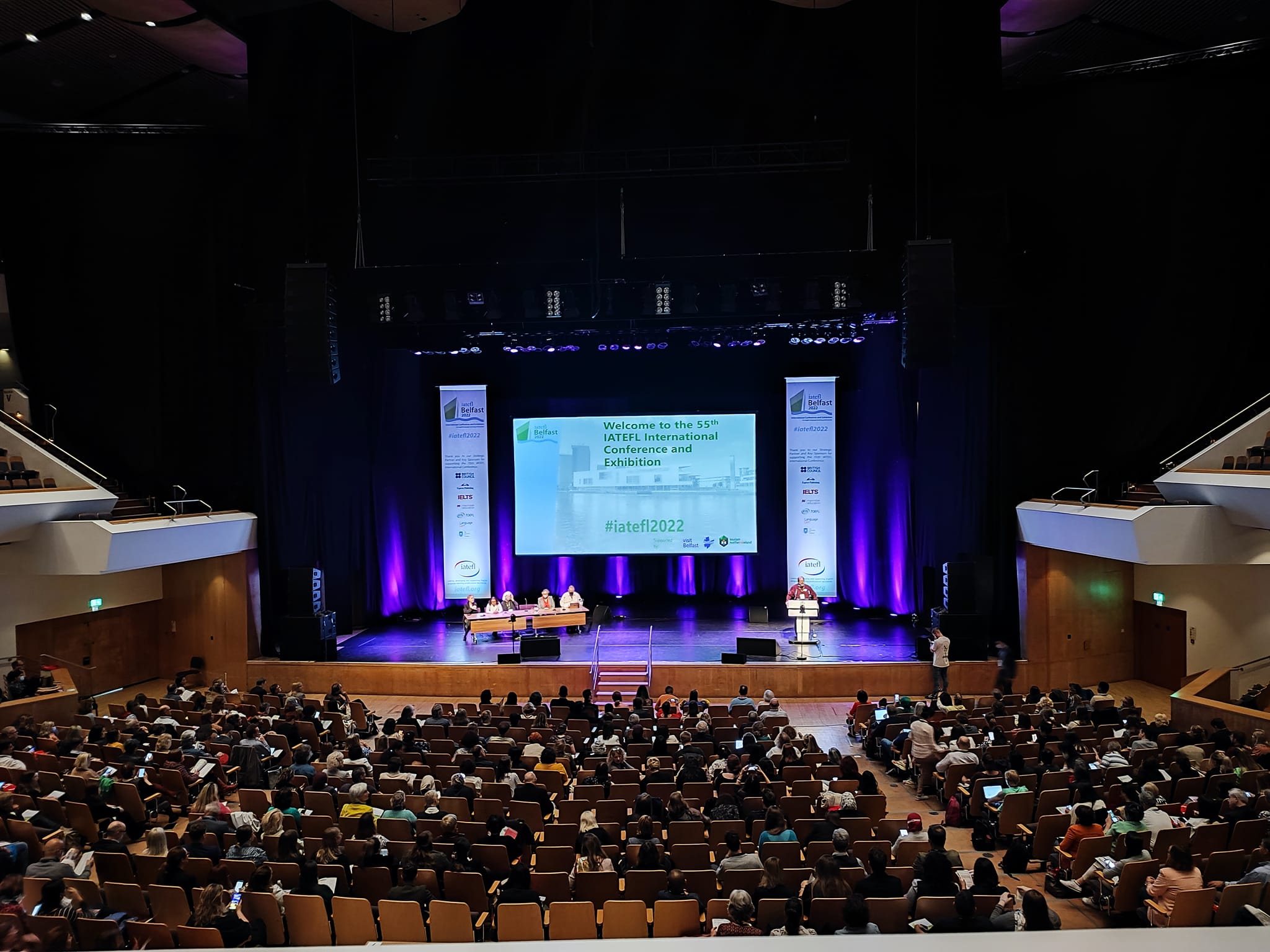
ICC Belfast, the conference venue, was very luxurious. The beautiful scenery around it fascinated me at the first glance. I could imagine from this what Belfast has to offer. The auditorium hall was packed with delegates from different countries. It vividly reflected the unity in diversity within the community of practice. Shortly after that the conference started formally with educative, enlightening presentations and speeches. My best memory was of the time when the scholarship winners were put in the first row of the hall, on the reserved seats; there was loud applause in the hall when we were introduced by the organizing committee. Those beautiful moments still flash in my head.
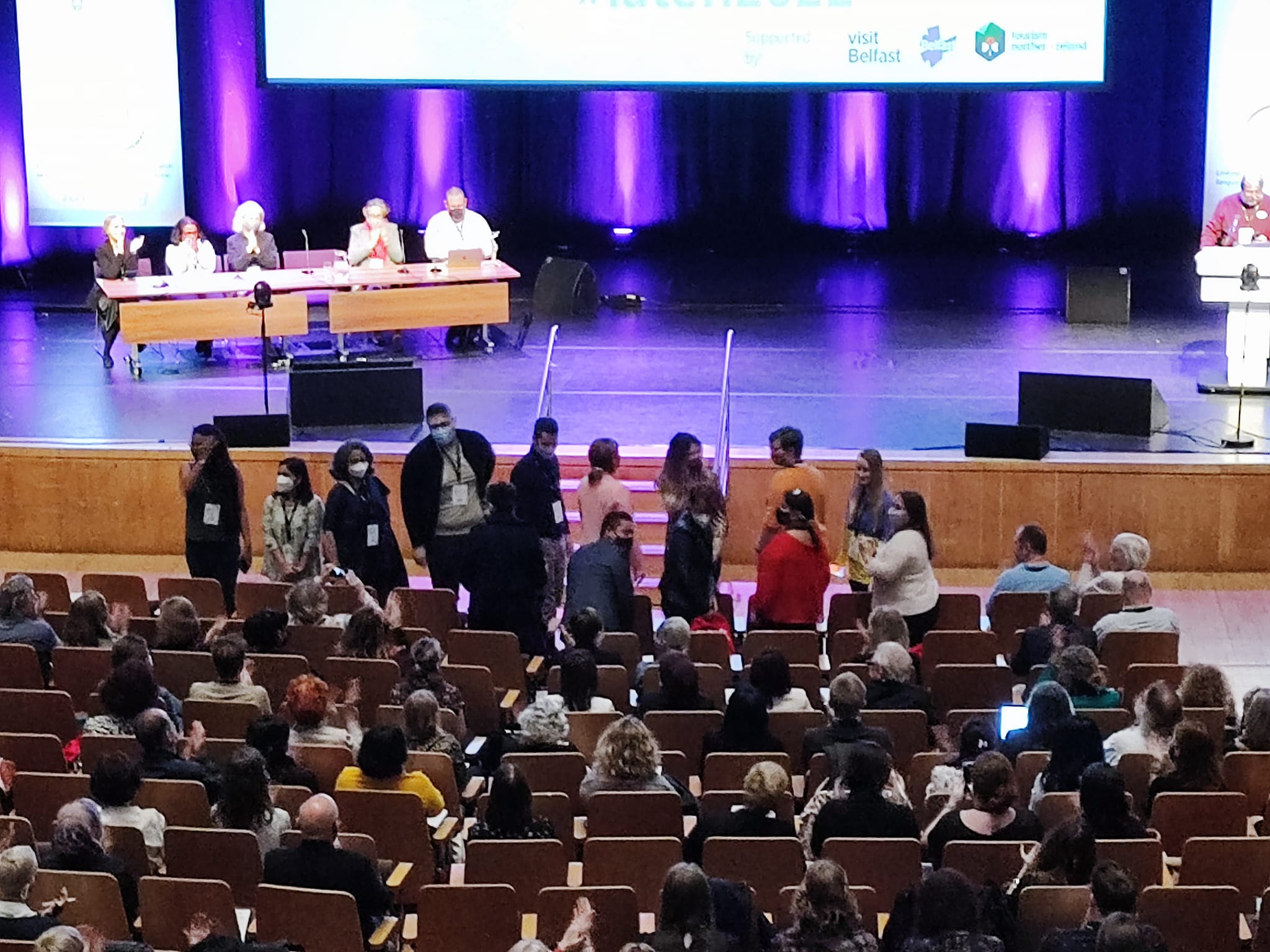
The five-day (16-20 May 2022) stretched conference was exceptional in all aspects. It was a perfect learning and networking opportunity. The conference gave me a wider perspective on education in general and teaching language in particular. I learned more about changing trends in research and teaching English as a foreign language. Most importantly, I learned the importance of considering the ‘context’ while teaching the English language in a non-native setting. Besides this, I made several international friends – teachers, teacher educators, publishers, professors, and so forth. Connecting with them wouldn’t have been possible without the generous scholarship from IATEFL.
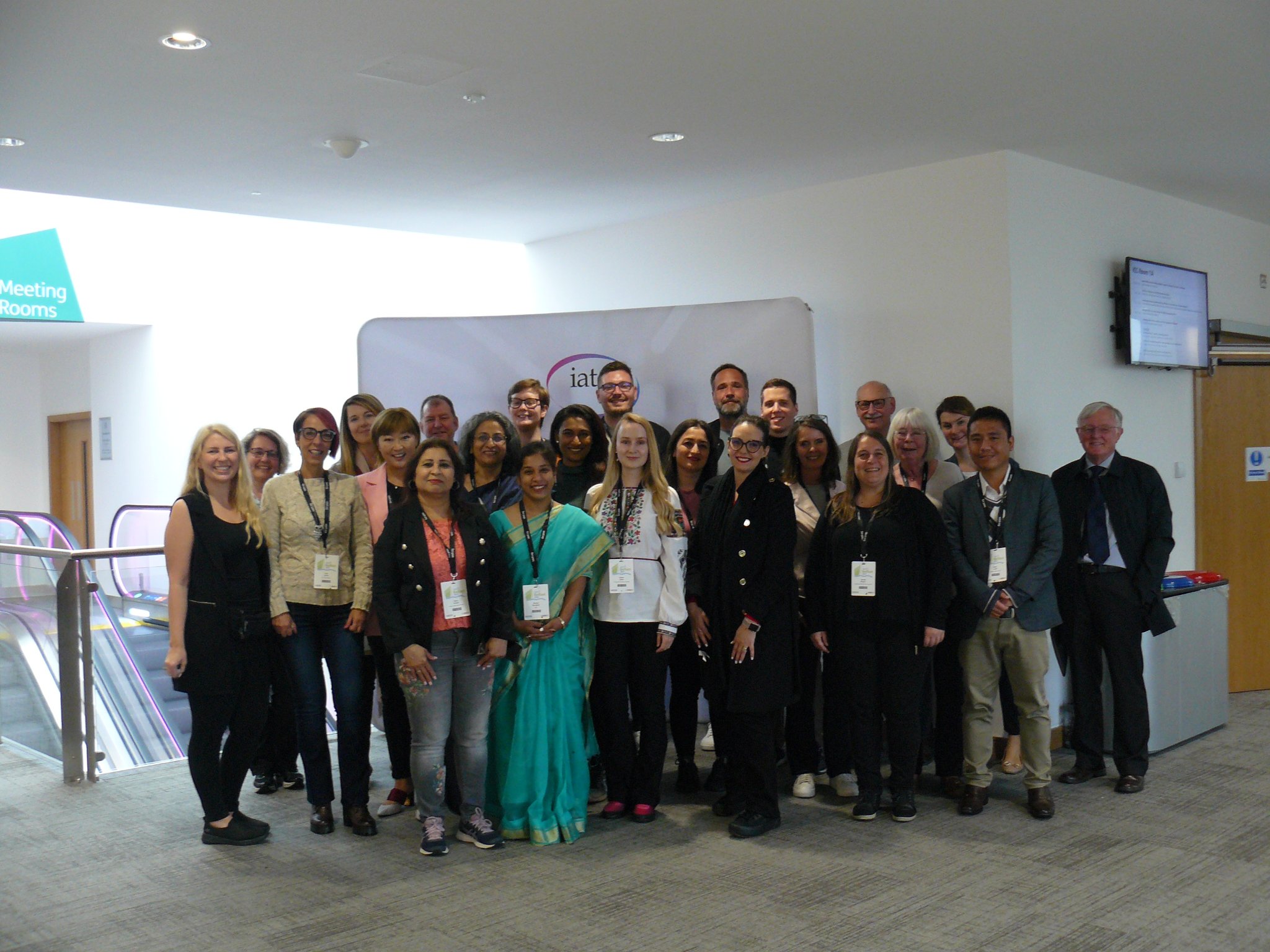
The conference fills your mind but adventures/explorations fill your soul! Who would return home without exploring a bit of British cities? After the conference, I went for a sightseeing tour on the Hop-on Hop-off bus, a bus that enables anyone to get on and off as one pleases. The bus offers panoramic views from the rooftop; it took me to the Titanic Quarter, St. George’s Market, Great Victoria Street Belfast, and many more, but I can hardly recall other names. The bus allows people to explore every area of Belfast.
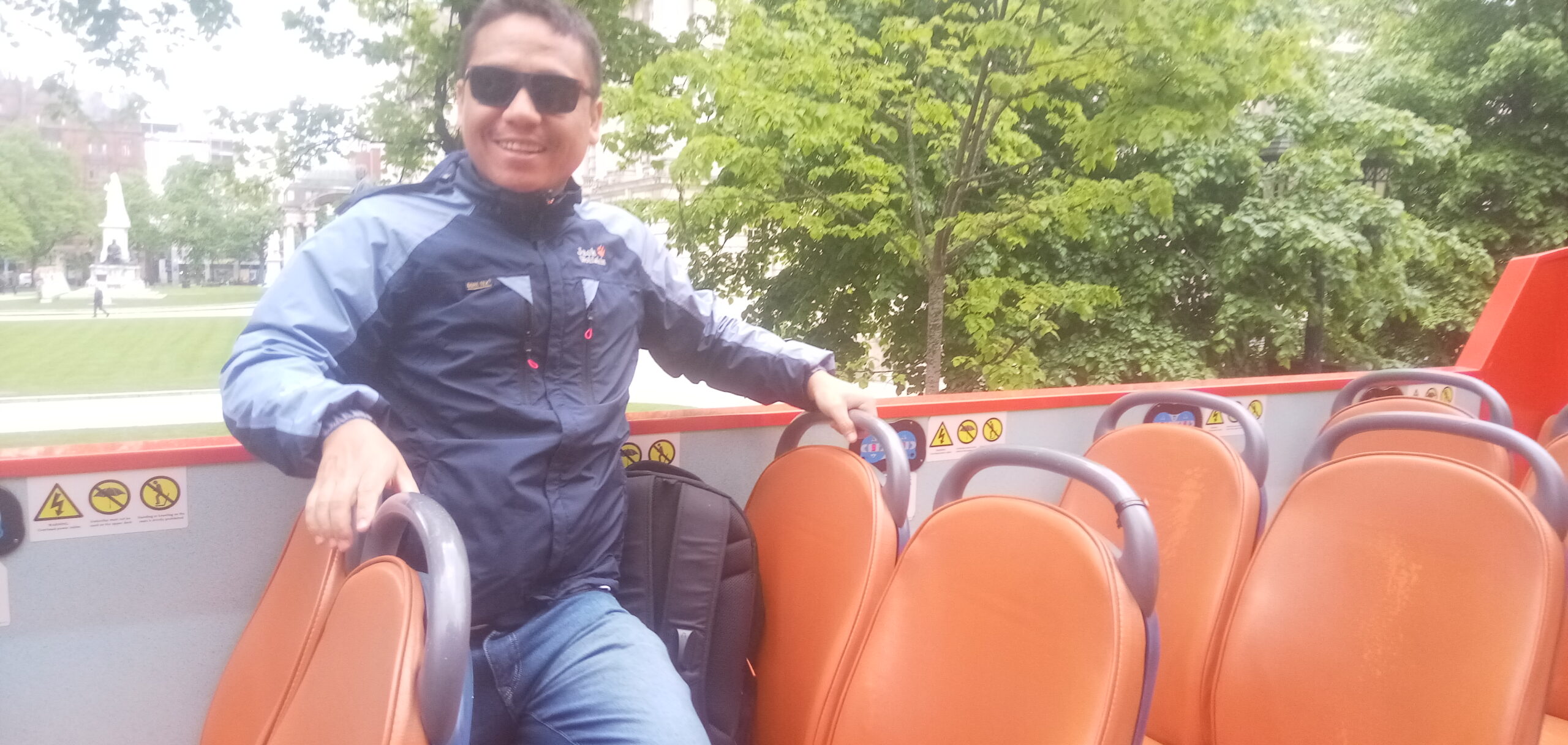
With all fond memories from Belfast, I flew off to London. At first sight, London didn’t fail to fascinate me. During my short stay in London, I explored London Bridge, Buckingham Palace, London Eye, and Centre London Aquarium. The memories from London are still fresh in my head. During each exploration, I thought of IATEFL. Without it, I would not have been where I was.

This entire narration has been feasible owing to IATEFL. It has helped me grow both professionally and personally: professionally by giving me a learning opportunity, exposing me to the world-class conference of English language teaching professionals, and personally by allowing me to connect with professionals from the same fraternity around the globe and to explore international (British) cultures, the way of life and the entire system. All in all, it has helped me grow as an educator.
If you want to learn and grow by attending the IATEFL conference but have financial constraints, I strongly suggest you apply for an IATEFL scholarship without a second thought. Where there is a will, there is a way. Bear in mind, if you don’t buy a raffle ticket, you won’t win a lottery. Nevertheless, once again, a gentle reminder—make sure to submit your application only when you are fully satisfied with it; if you are not , it cannot satisfy the reviewing committee either. And next time you should share a story about your being an IATEFL scholarship winner. All the best!

About Babu Lama
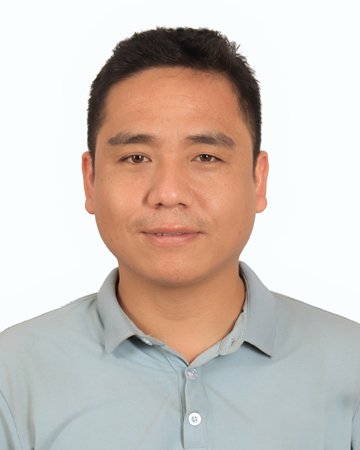
Babu Lama is an educator from Nepal. Besides, he also writes on topical educational issues for different national dailies, published in English and is also a scholar of MPhil in English Language Education at Kathmandu University School of Education. He was a scholarship winner of the IATEFL Belfast Conference 2022.

Contribute to the blog
If you are a member of IATEFL and would like to contribute to the blog, we’d love to hear from you at [email protected]. We’re looking for stories from our members, news about projects you’ve been involved in, and anything else you think those connected to English language teaching would be interested in reading. We look forward to hearing from you! If you’re not a member, why not join us?
See blog guidelines and ideas
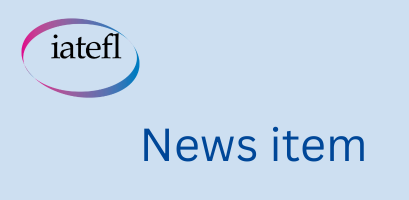
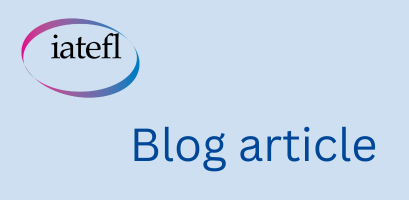

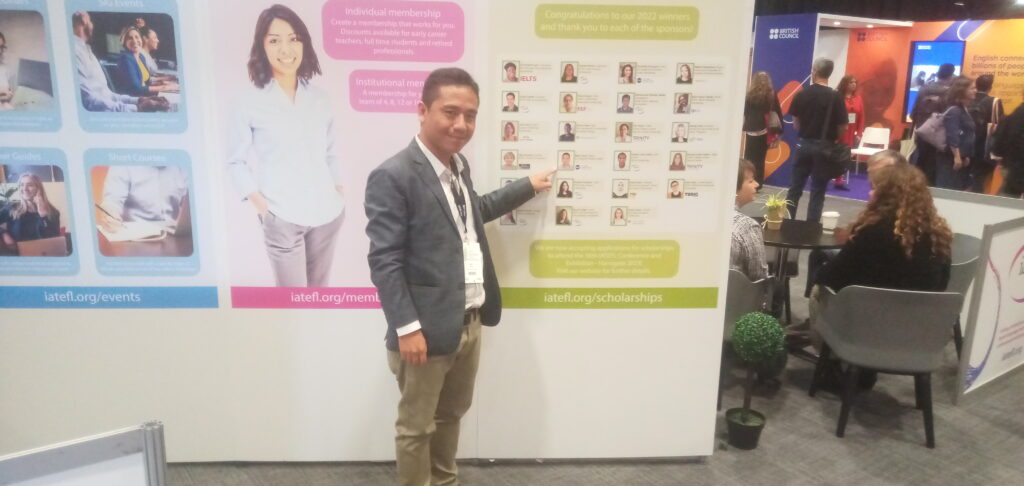














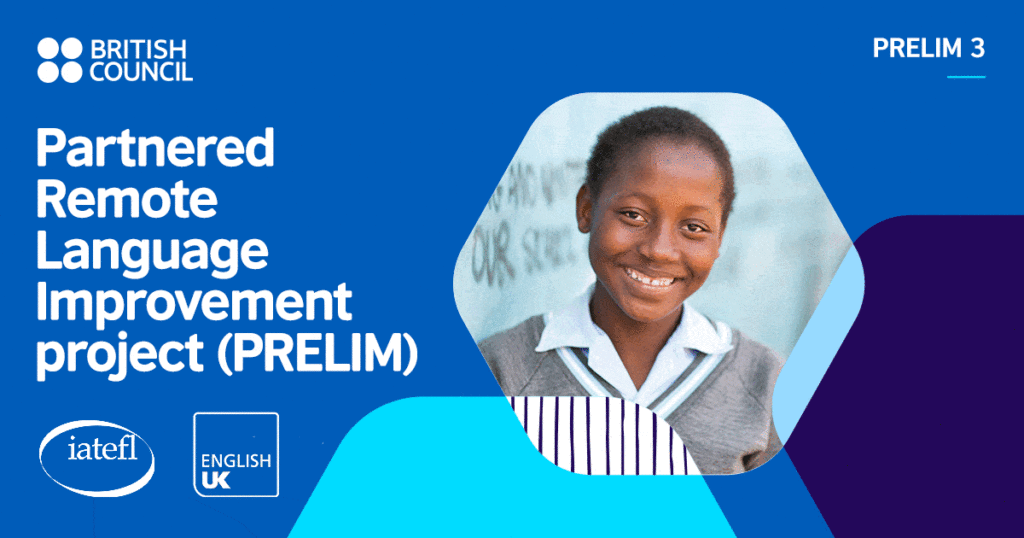
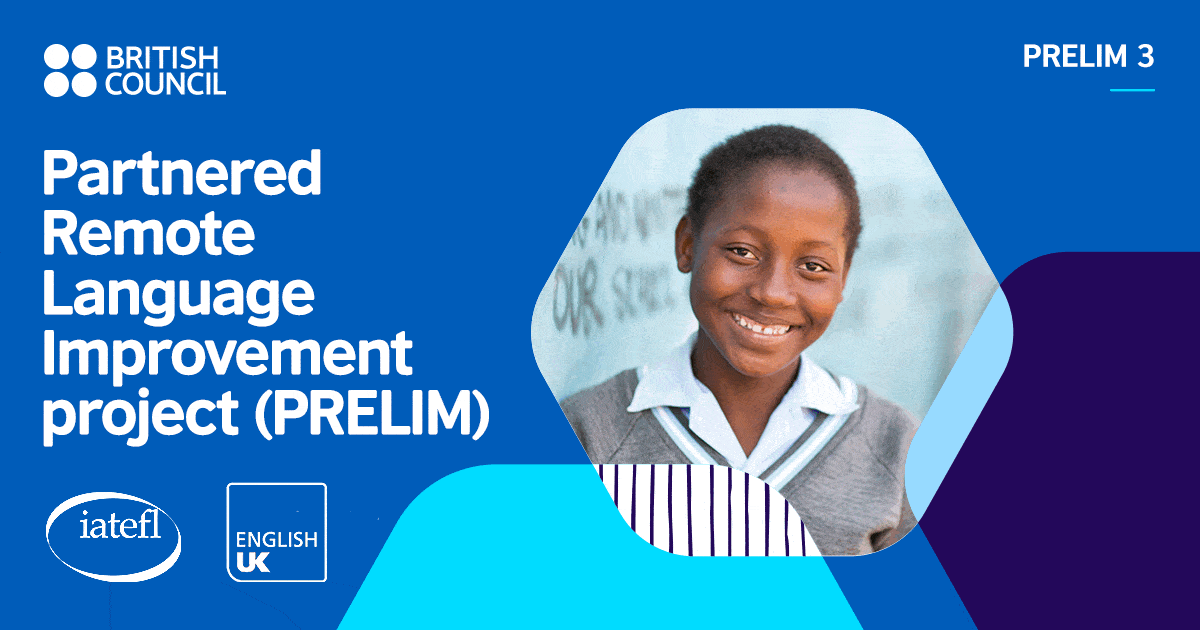
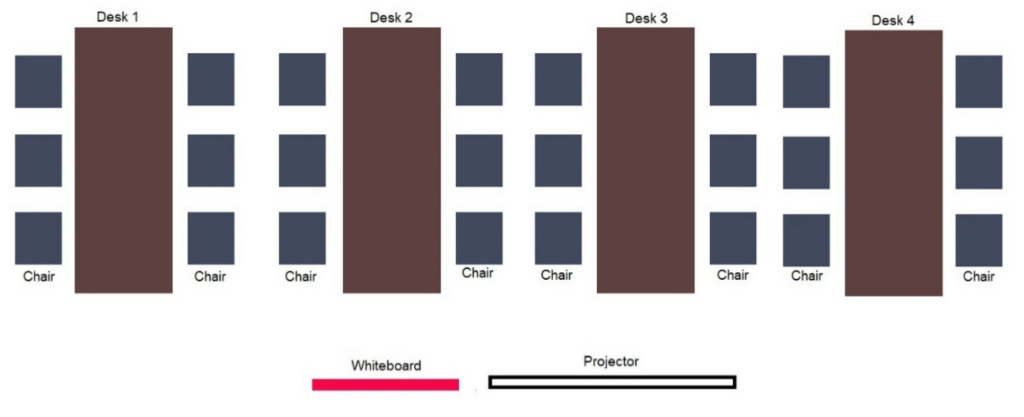
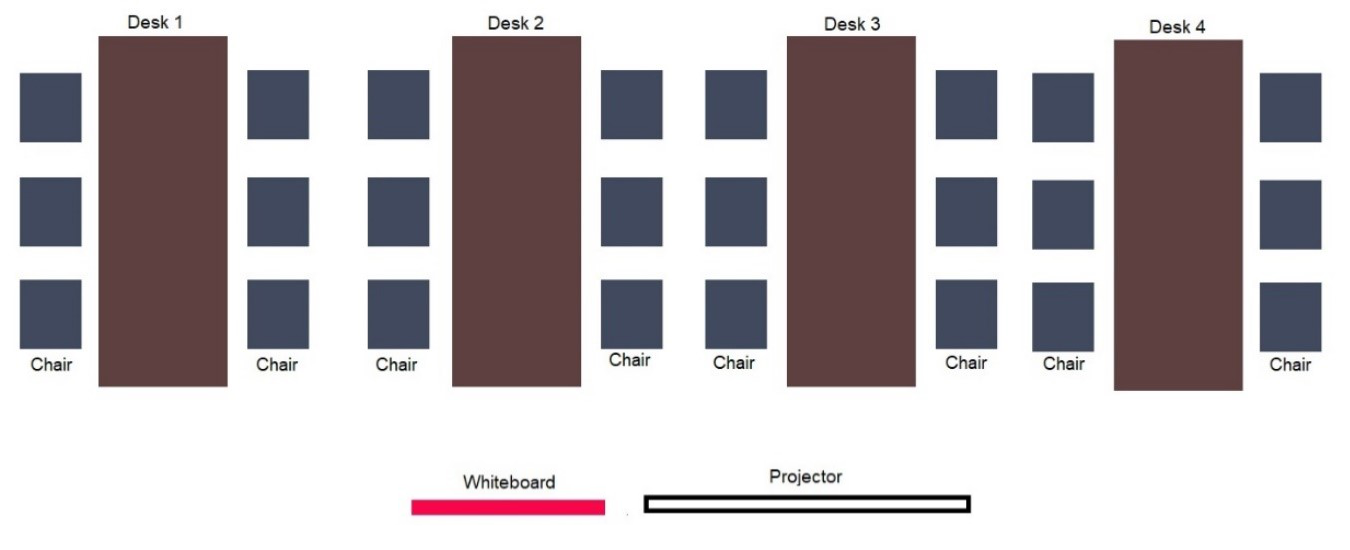



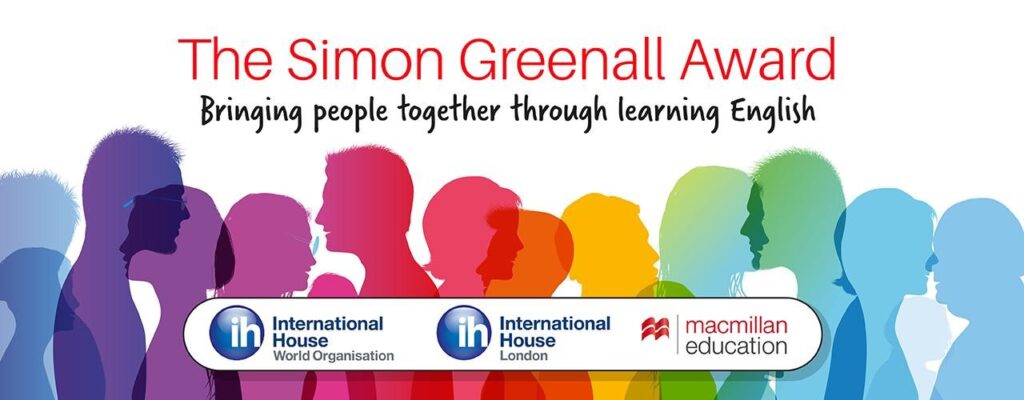
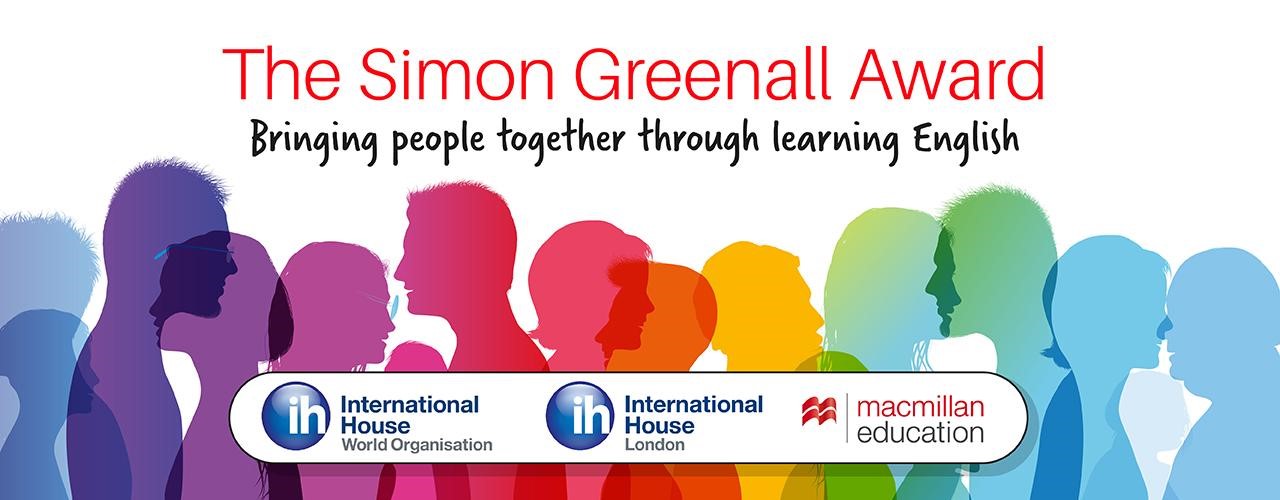 The Simon Greenall Award 2023 is now open for applications.
The Simon Greenall Award 2023 is now open for applications.
